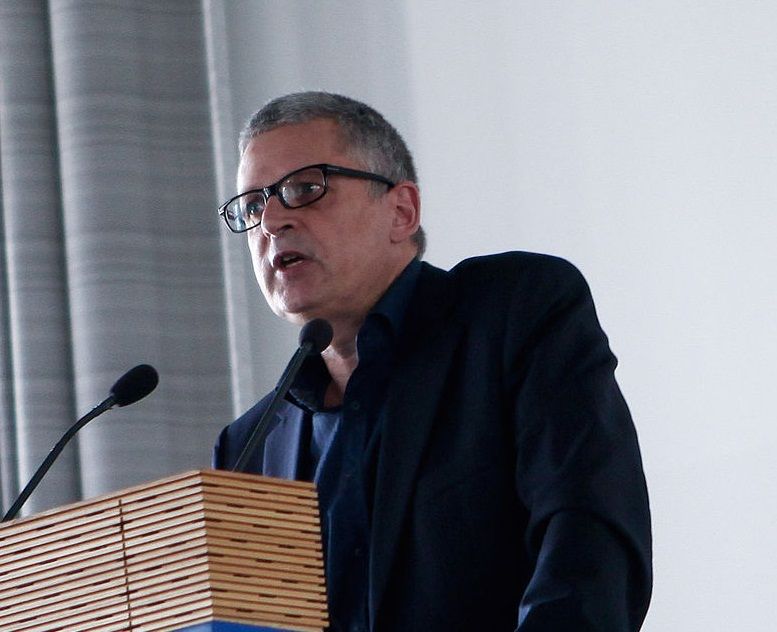Flemming Rose, the journalist responsible for publishing the controversial Mohammed cartoons in 2005, has decided to step down as foreign affairs editor at Jyllands-Posten (JP).
After 16 years at the newspaper, Rose will now dedicate his time to writing books and participating in public debates, reports Mediawatch.
“I have had 16 fantastic years at JP and I am grateful to JP for the opportunities I’ve had as a correspondent and editor, but now the time has come to change direction,” Rose told Mediawatch.
“I would like to spend more time writing books and participating in the public debate in Denmark and abroad.”
“The growing diversity in Europe has put freedom under pressure, and it is my impression that the issue is going to dominate the European agenda in the coming decades.”
Advocate of freedom of speech
Rose started his career at Jyllands-Posten as a correspondent in Moscow in 1999.
Five years later he became cultural editor, and since 2010 he has been working as the foreign affairs editor.
Since the Mohammed cartoons controversy, Rose has been an international advocate of the freedom of speech and was nominated for the Cavling Prize, a prestigious award for Danish journalists, for his book ‘Hymne til friheden’ (‘Hymn to freedom’).














